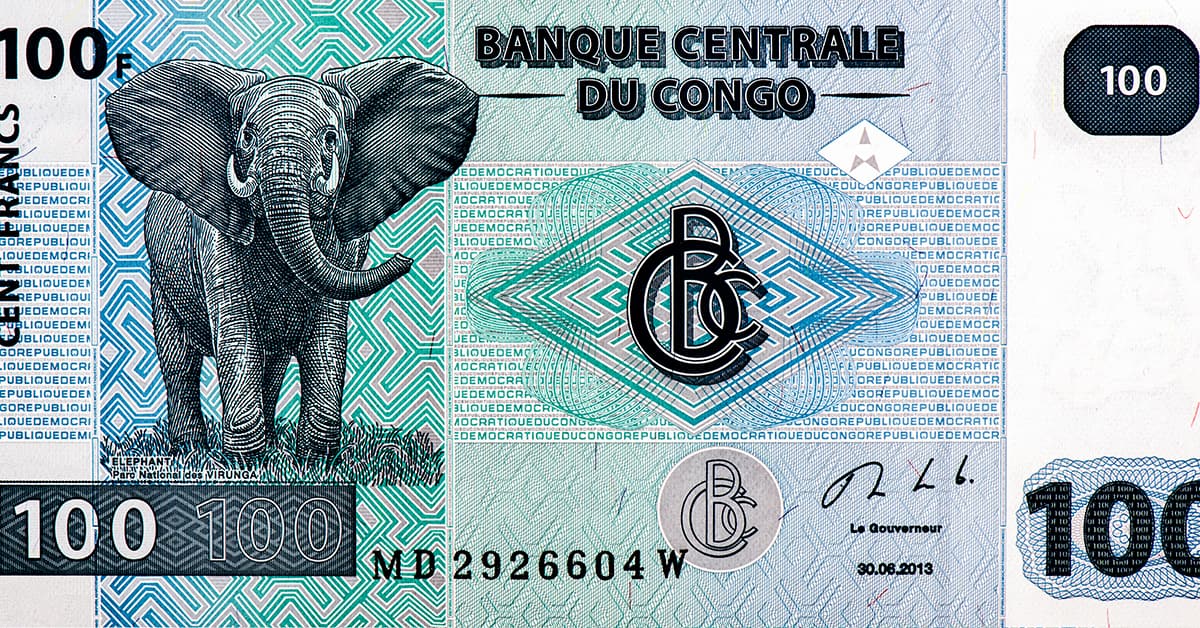Democratic Republic of Congo's new central bank governor faces serious hurdles besides being the first woman to hold the position.

Few central banks across the globe need reform as much as the Banque centrale du Congo (BCC). The International Monetary Fund has repeatedly criticized the central bank of the Democratic Republic of Congo (DRC) for lacking autonomy, transparency and necessary supervision capabilities.
Malangu Kabedi-Mbuyi, appointed in July as the new BCC governor, is tasked with reforming the institution, enhancing monetary policy and streamlining the banking sector. The IMF veteran is the first woman to hold the position.
“She has a blueprint of what needs to be done from the IMF and the 2018 Central Bank Law,” says Ken Gichinga, a Kenya-based economist. Kabedi-Mbuyi’s appointment came just weeks after the IMF pushed for overhaul of BCC leadership as a condition for the disbursement of a $1.5 billion financing package.
Among the tasks at hand is BCC recapitalization, with the target being about $130 million, and dollarization, which continues to hamper monetary policy. Also of concern is the BCC’s unbridled lending to the government, which has eroded foreign reserves.
In the banking sector, a large number of banks have yet to comply with IFRS accounting standards. Some banks lack the minimum capital requirement of $50 million. Congolese banks have been locked out from the global financial system due to concerns around money laundering. With BIAC, the country’s fourth-largest bank, in liquidation, the financial system is considered weak.
“The entire financial sector is engulfed with a confidence crisis,” says Gichinga. “This is something Kabedi-Mbuyi must fix.” Yet, cleaning the mess left behind by her predecessor, Deogratias Mutombo, isn’t the new governor’s only challenge.
A vast country in landmass, population and mineral riches, DRC craves financial innovations to drive inclusion. Mobile money and fintechs are taking off and reaching further into the ranks of the unbanked. Also, DRC is attracting substantial interests from Pan-African banks that view the country as a largely unexplored growth frontier.



